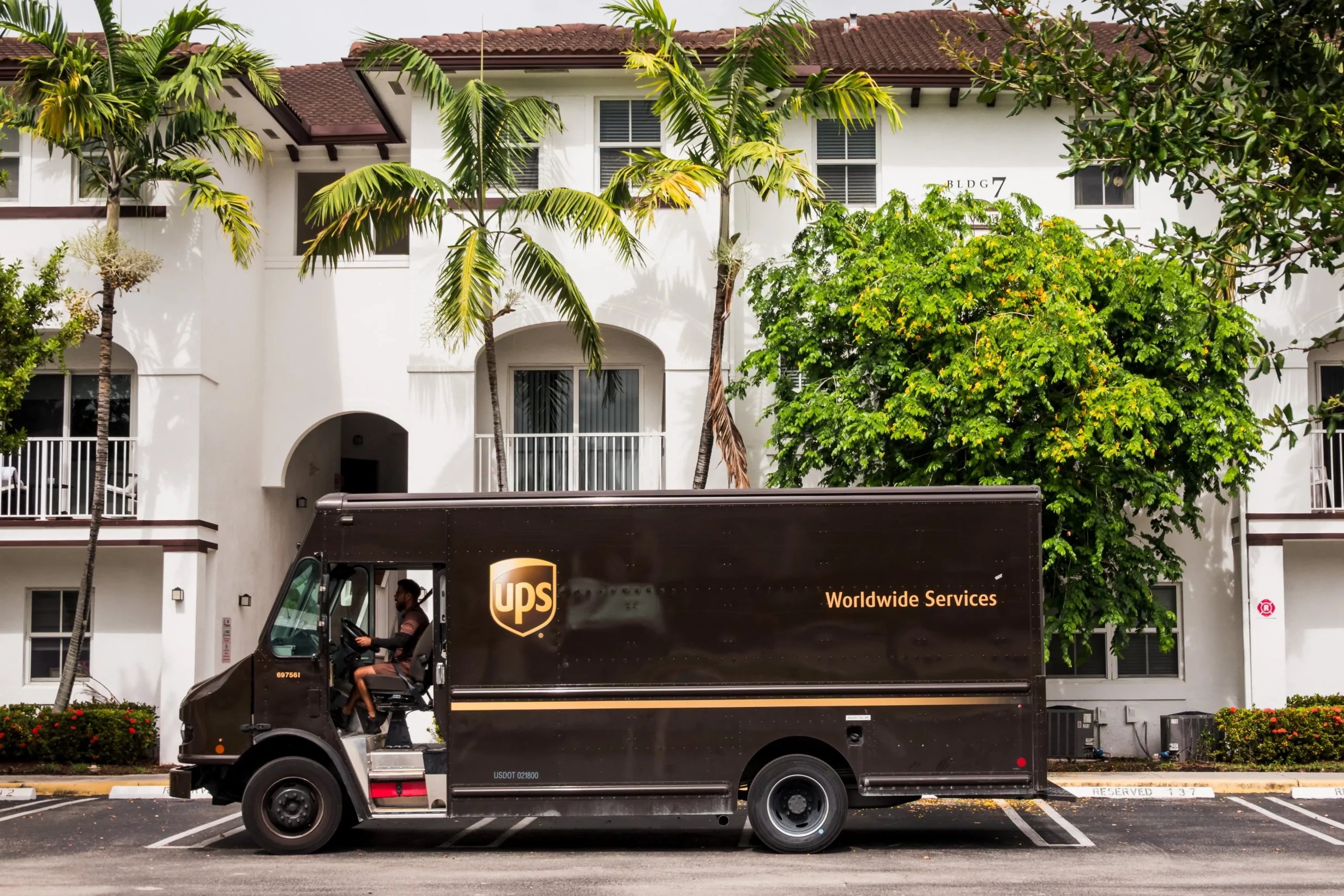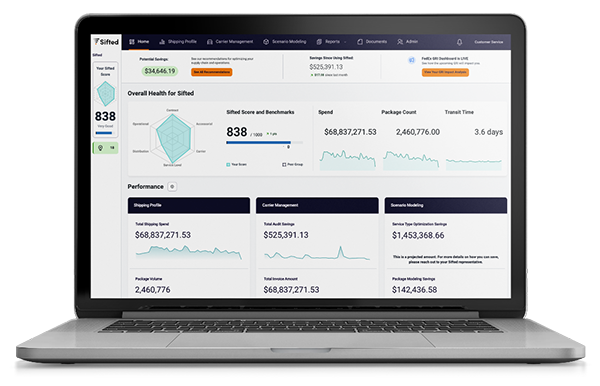
Blog
Read on for the latest news, education, and product updates from our team and shipping experts.
Tags: All
- All Tags
- 3D Printing
- 3PLs
- 4PLs
- Accounting & Finance
- Additional Handling Surcharge
- Address Correction Surcharge
- Amazon
- Artificial Intelligence
- Autonomous Delivery
- Bill Pay
- Carrier Invoice Auditing
- Carrier Management
- Carrier Optimization
- Cold Chain Logistics
- Contract Negotiation
- Contract Optimization
- COVID-19
- Customer Experience
- Data Science
- Declared Value
- Delivery Area Surcharge
- DHL
- Dimensional (DIM) Weight
- Dimensional Weight Contract Negotiation
- Distribution Centers
- Distribution Network
- Ecofriendly
- eCommerce Shipping
- FedEx
- FedEx Shipping Zones
- Flexible Fulfillment
- Food & Beverage Shipping
- Freight Shipping
- General Rate Increase
- Holiday Shipping
- Infographics
- Inventory Accuracy
- Kitting
- Large Package Surcharge
- Last Mile Delivery
- Late Payment Fee
- Logistics
- Logistics Industry
- Logistics Intelligence
- Logistics Outsourcing
- Manufacturing
- Oversize Surcharge
- Packaging
- Parcel Logistics
- Peak Season
- Predictive Analytics
- Regional Carriers
- Residential Surcharge
- Return Shipping
- Reverse Logistics
- Service Guarantees
- Shipping Costs
- Shipping Data
- Shipping Profile
- Shipping Trends
- Signature Required
- Supply Chain
- Supply Chain Management
- Supply Chain Operations
- Surcharges
- Sustainability
- Temperature Controlled Shipping
- UPS
- USPS
- Zone Skipping


Do UPS & FedEx Deliver on Weekends?

Carrier Mix Optimization: A Shipper’s Guide for 2026

Parcel Audit: A Practical Guide to Cutting Shipping Costs

What Are UPS Access Points and How Do They Work?

FedEx Additional Handling Surcharge: 2026 Guide

What Is a Fuel Surcharge and How Does It Impact Your Shipping Costs?

The State of Parcel Shipping: Growth, Pressure, and What Comes Next

FedEx Rewards Explained: How the Program Works for Shippers

UPS Mail Innovations: What It Is, How It Works, and When to Use It

Meet Sifted at Manifest 2026 in Las Vegas—Booth #1022

Parcel Shipping Outlook 2026: 10 Key Trends Shippers Must Know
